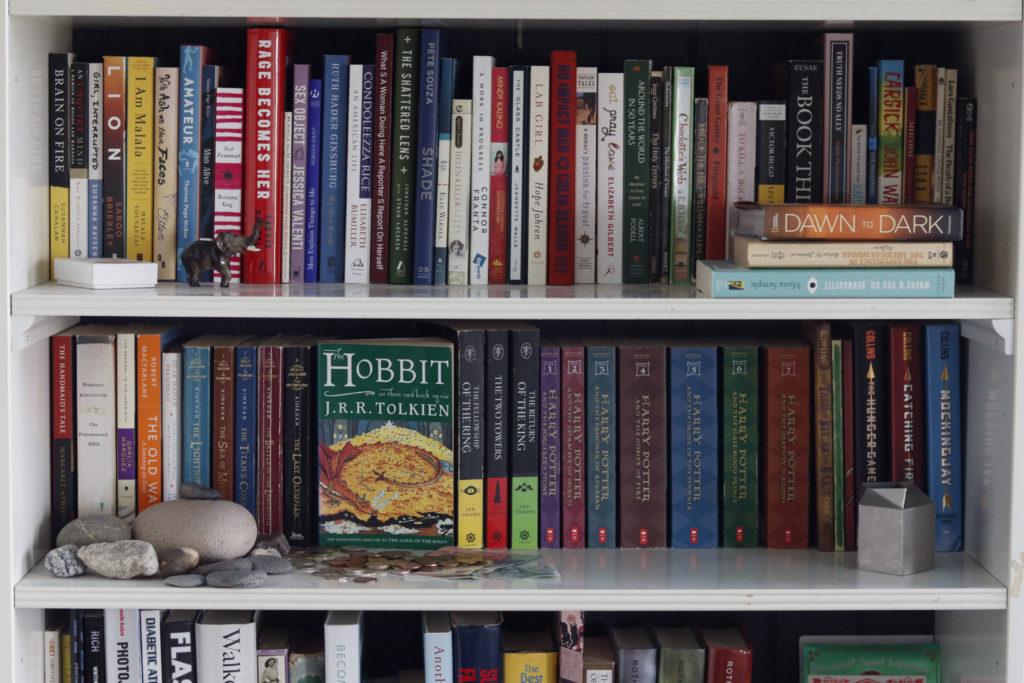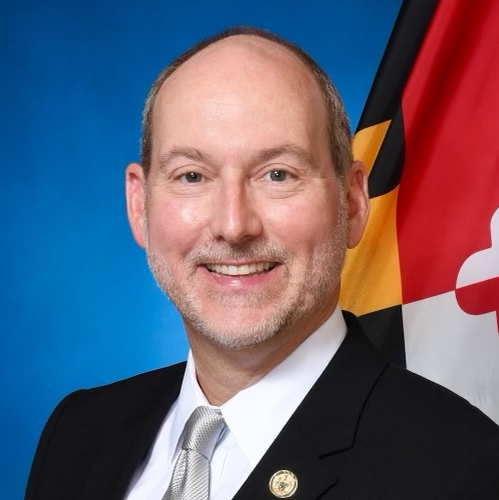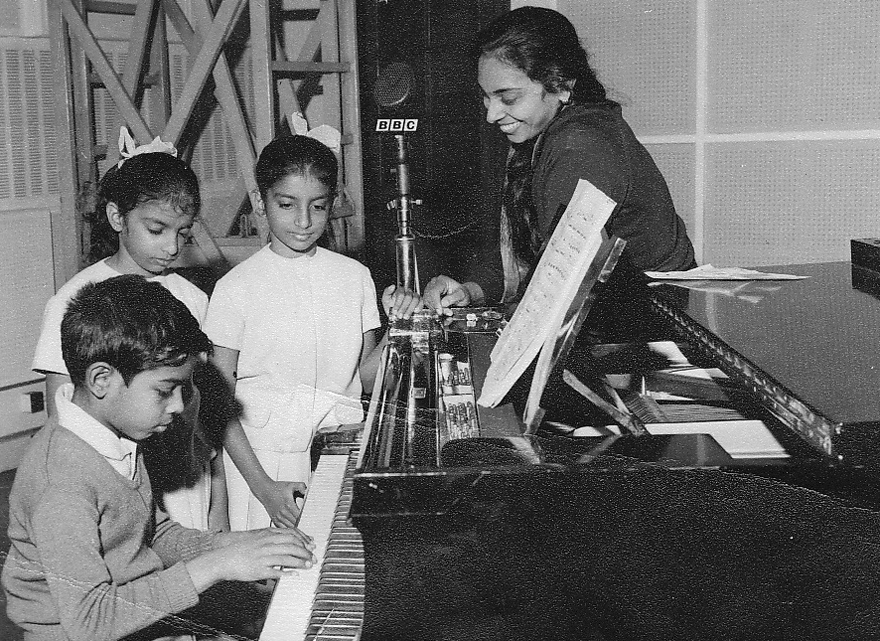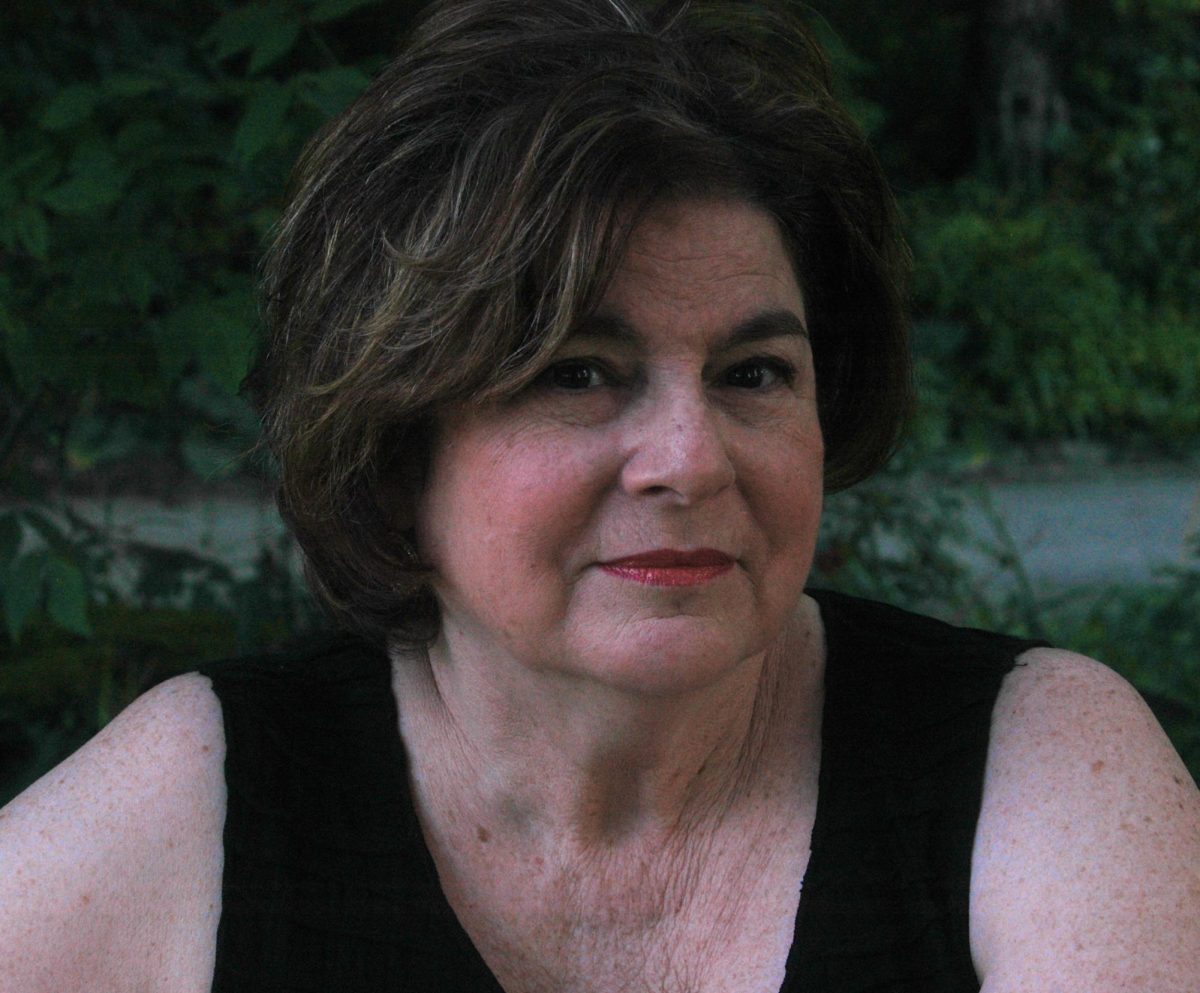You may have blown through all the books you fit in your suitcase home, but there is more in store after you wrap up finals.
We asked professors from different academic departments to tell us about the books they’re enjoying right now or some of their all-time favorites. From books related to the pandemic to the history of America, here’s a rundown of top picks they emailed to us.
Inderpal Grewal’s “Saving the Security State: Exceptional Citizens in Twenty-First Century America” and Kathi Weeks’ “The Problem With Work: Feminism, Marxism, Antiwork Politics and Postwork Imaginaries”
Anthropology and international affairs assistant professor Attiya Ahmed said the pandemic has pushed people to examine elements of life “we often take for granted,” whether it be jobs, security, our citizenship or the economy.
Those forgotten luxuries led her to choose “Saving the Security State: Exceptional Citizens in Twenty-First Century America” which examines the relationship between U.S. citizens, government and national security during what Grewal calls an era of “neoliberalism.” She also picked out “The Problem With Work: Feminism, Marxism, Antiwork Politics and Postwork Imaginaries,” which evaluates the social good of waged labor. She said the two novels call attention to the importance of examining crises through a feminist lens.
“Although they focus on different topics and approach their topics differently, both underscore the importance of feminist thinking as we try to respond to our current circumstances,” she said.
Langston Hughes’ “Let America Be America Again” or John Dos Passos’ “USA Trilogy”
Peter Loge, associate professor of media and public affairs, suggested reading “Let America Be America Again” for people short on time. He said this poem by Langston Hughes argues that the United States hasn’t lived up to its promise of the American dream, but “we must try.”
For those with more time on their hands, Loge recommended “USA Trilogy,” which examines the first three decades of 20th century America through a trio of smaller novels. Loge pointed to Matt Hanson, a writer for The New Yorker, who said the book was a “linguistically adventurous” picture of American life.
“Dos Passos captured early 20th Century American hopes, fears and often brutal reality in a style and with substance that rings true in 2020” Loge said.
W. G. Sebald’s “Austerlitz”
English professor David McAleavey said he has always found the voice of Sebald’s books to be calming and his perspective to be “deeply humanist and philosophical.” Sebald, who died in 2001, was a German native who wrote novels in German and English that McAleavey said posited him as a “plausible contender for the Nobel Prize in Literature.”
“Austerlitz” follows the character Austerlitz, a Czech Jew who was sent away during World War II with hundreds of other children on a train to safety in England when he was 4 years old. McAleavey said that while the book is somber, it can help us escape to a time when the world faced different struggles.
“In our age of political discontent and international distress, a book like this one which offers a wide historical glimpse into another era of tremendous social agony could be useful medicine,” he said.
Timothy Snyder’s “On Tyranny: Twenty Lesson from the Twentieth Century”
Alex Dent, associate professor of anthropology and international affairs, said Snyder’s book provides a “compelling” look at the history of fascism and can help us understand the cause and effects of tyranny.
A New York Times bestseller, the book reflects on totalitarian regimes of the 20th century to advise 21st century readers on how to detect the rise of tyranny. Dent said Snyder, a fascism expert, created what Snyder called on his website “a guide for surviving and resisting American’s turns toward authoritarianism” in the modern age through the novel.
“Customary thinking on the left has been that we haven’t had the kind of economic crisis lately that took hold in the early 20th Century,” Dent said. “So we needn’t worry too much about the global lurch to right-wing populism. The virus has brought an economic crisis. We need to be extremely vigilant.”
Daniel E. Dawes’ “The Political Determinants of Health”
Assistant professor of writing Jameta Barlow, a specialist in black women’s health, suggested reading “The Political Determinants of Health,” which was recommended to her by a mentor. Barlow said she also worked with Dawes on a statement addressing the health of black Americans amid the pandemic.
Dawes writes in the book that factors like environment, living conditions and inadequate food options affect people’s access to health care. Barlow said he draws on a “critical inflection point” in America that has caused a greater push for health equity.
“He describes structural inequities and offers a model for strategically addressing it,” she said. “Not only is his perspective timely, but necessary for understanding how to address health inequities among Americans.”
Associate professor of art history Bibiana Obler recommends Gabriel’s book about five female painters that she said shaped postwar, American art.
“This ‘biography’ of five abstract expressionist painters is a page-turner,” she said. “Chock full of careful research, Gabriel provides a vivid account of what it was like to be a woman artist in the mid-twentieth century and shows how important they were to the New York School.”
T. Kira Madden’s “Long Live the Tribe of Fatherless Girls: A Memoir”
Director of creative writing Lisa Page suggested exploring childhood trauma through Madden’s memoir. Page said the story navigates multi-racial identity, gender and class.
“It’s also about privilege, about parental neglect, trauma and substance abuse,” Page said. “Her father is mostly neglectful, yet his death kicks off the writer’s decision to write this book. It’s brilliant, funny and insightful.”
Audre Lorde’s “A Litany for Survival”
Rather than a whole book, women’s, gender and sexuality studies associate professor of english, Daniel Moshenburg recommends a poem by Audre Lorde. He said “A Litany for Survival” describes the anxiety of individuals who struggle within a system that marginalizes them.
“It speaks to the courage of the everyday: everyday resistance, everyday solidarity, everyday community, everyday love, everyday speaking and writing,” Moshenberg said.






